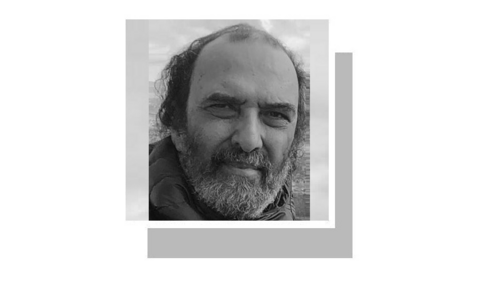Police in India are torturing suspects to death in custody with impunity and blaming suicide or natural causes, Human Rights Watch said Monday.
The rights group said a failure to follow proper arrest procedures, such as presenting a suspect before a magistrate within 24 hours, was allowing police to get away with murder.
At least 675 people died in police custody in India between 2009 and 2015, government figures show. An investigation by the rights group found that victims were beaten with belts or boots, or suspended by their wrists.
“Since these deaths are not happening in an open domain, it is very hard to prove how they died if the other police officials who are witnesses shield their colleagues,” said Jayshree Bajoria, author of the report published Monday.
“The lack of accountability of police is the reason why there is continued impunity for custodial deaths in India,” she told AFP.
HRW investigated 17 deaths in police custody and found that in each case the police failed to follow proper arrest procedures.
These require suspects to have a medical examination after arrest so a doctor can list any pre-existing injuries.
In the case of one death, a police officer in Mumbai said a suspect was beaten because he was “a hardcore criminal” who refused to give any information away.
“He was so weak after the beating that when he got up to drink water, he was dizzy with pain and collapsed against the window, breaking his lower jaw,” the report quotes Atmaram Gurav as saying.
While police typically blame deaths in custody on suicide, illness or natural causes, autopsy reports examined by HRW showed injuries consistent with blunt force trauma.
Between 2010 and 2015, there was a conviction in just one case of death in custody, that of 20-year-old Agnelo Valdaris, who was arrested on suspicion of robbery.
“The last time I saw my son was on April 17, 2014. He was crying bitterly. He was telling 'daddy save, save me. They have been beating me whole night, they will kill me',” Agnelo's father Leonard Valdaris said in a video interview to HRW.
"After that I did not see him. I only saw his dead body the very next day," he added.














































